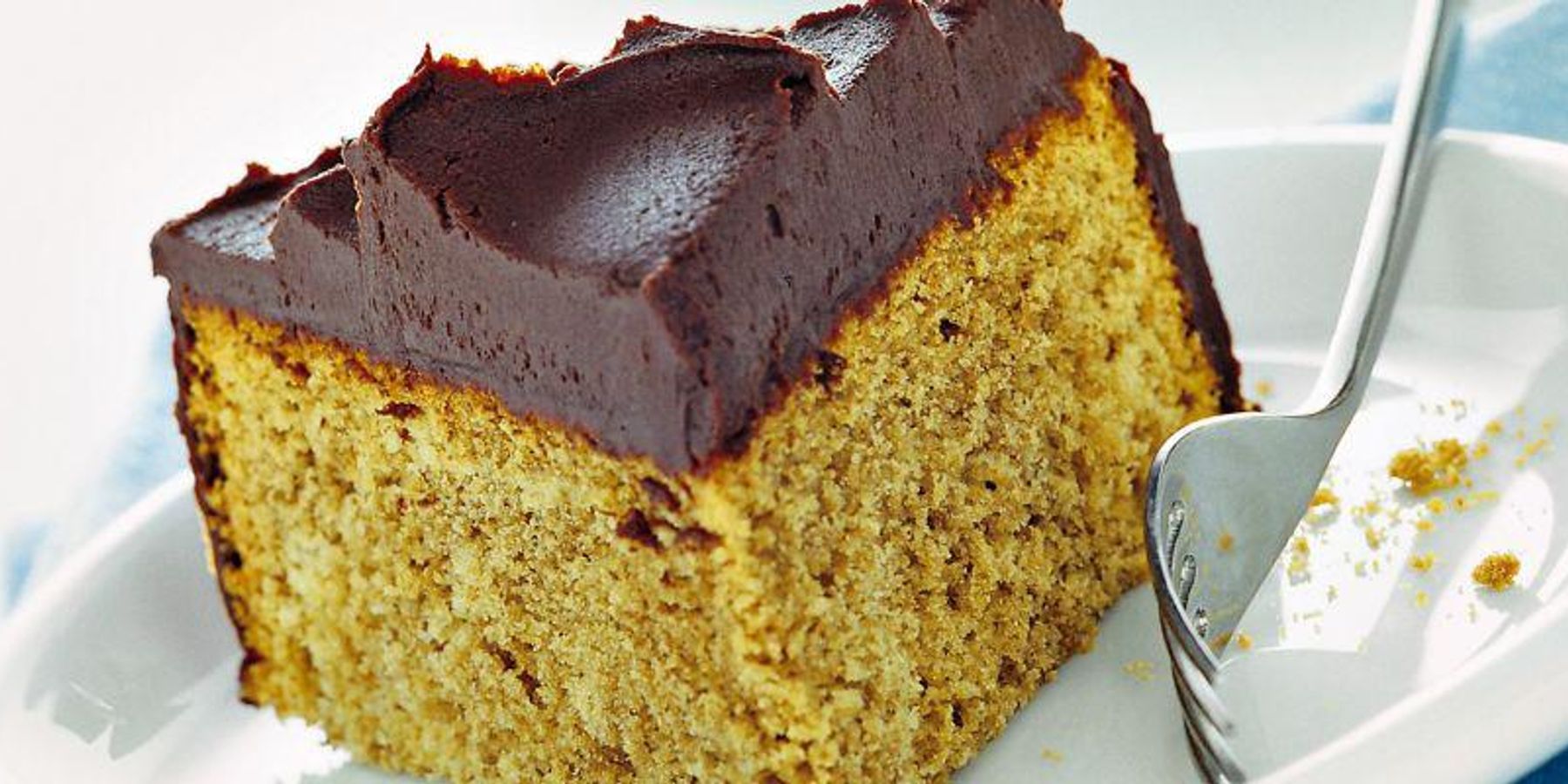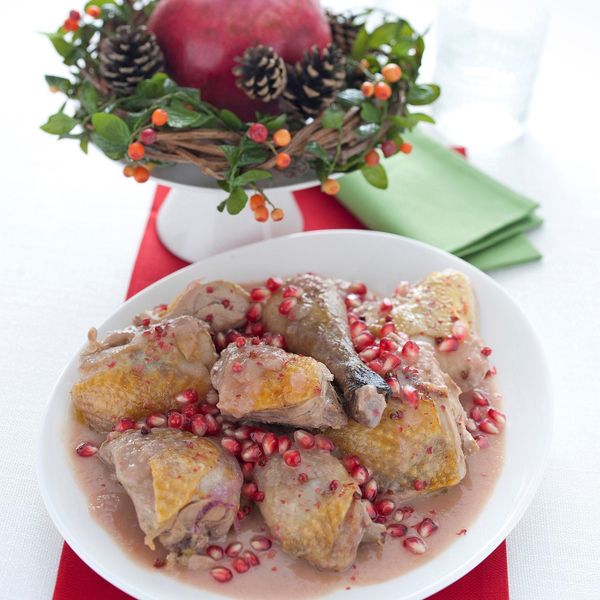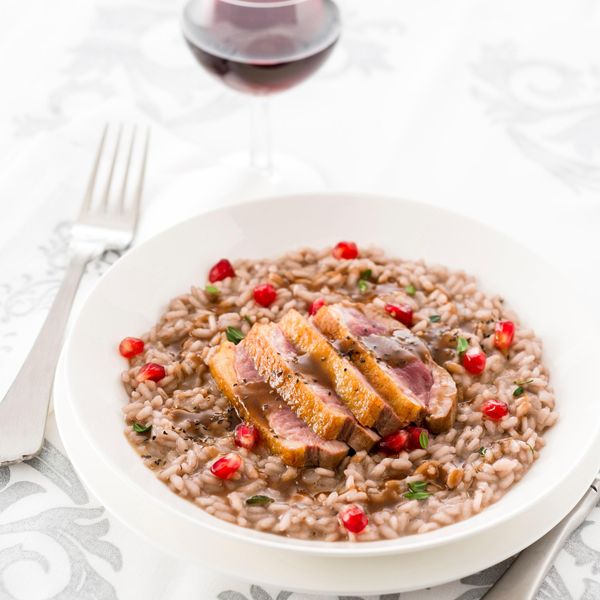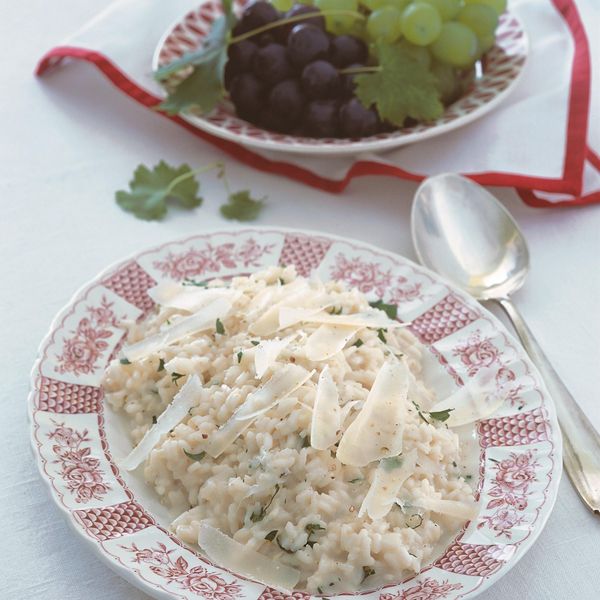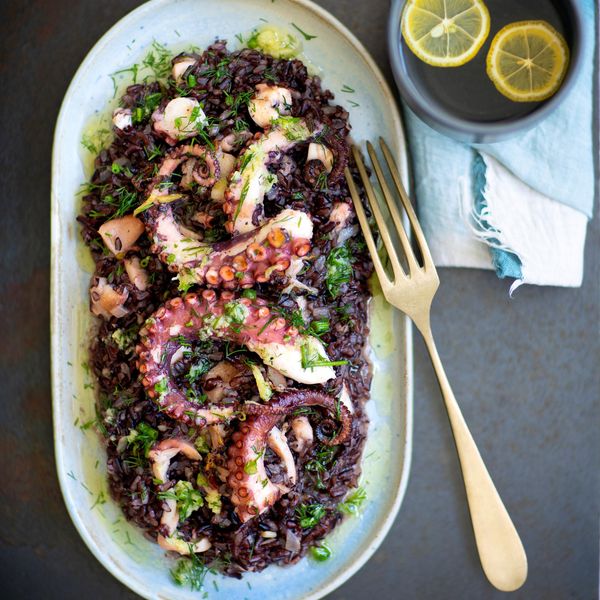
Properties of dill, characteristics and ideas for use in the kitchen
A remedy appreciated by the ancients, such as licorice . If the Greeks used it to combat epileptic seizures, the Romans, convinced that it would reinvigorate their forces, administered it to the gladiators.
It is dill , or Anethum graveolens, an aromatic plant of the Apiaceae family, with a characteristic scent halfway between fennel and anise, for this reason also called bastard fennel, fetid fennel, fragrant dill, stinking dill. Today it is widely used, thanks to its flavoring capacity , to enrich dishes of all kinds, with positive effects, thanks to its composition, also on our health.
In fact, dill contains many useful substances: minerals such as calcium, phosphorus, magnesium, iron, potassium, zinc, vitamins including A and C, in addition to those of group B including B1, B2, B3 and folate. Furthermore, in this ancient aromatic plant the presence of monoterpenes was detected, molecules capable of activating Glutathione-S-transferase, a substance with a strong antioxidant activity capable of counteracting the formation of free radicals , with positive effects on the diseases connected to them. including a possible anti-cancer property.
Dr. Francesca Spiga , nutrition biologist, examines in detail its properties “ Dill has a refreshing, digestive and antiseptic capacity . It is a carminative plant, in fact it has an antispasmodic and digestive effect . The dried seeds in the form of an infusion are an excellent remedy for those with stomach problems, suffering from meteorism or colic and cramps . It has a diuretic power , which makes it an ally in the fight against imperfections such as cellulite and to facilitate the reduction of the widespread water retention. Some essential oils present in dill are also able to stimulate biliary function , increase the production of gastric juices and improve intestinal peristalsis ".
The Spiga continues "It also has mild sedative properties and, if taken in the form of crushed seeds and placed in infusion , it can facilitate the night's rest (the seeds also, chewed, are able to freshen the breath). Some recent studies have highlighted also a possible role of dill in the regulation of cholesterol and triglyceride levels with a general improvement of the lipid profile, as well as a probable hypoglycemic effect that makes it a possible candidate for the development of new remedies against the complications of diabetes ". The interesting aspect is that it has no contraindications, except during pregnancy / breastfeeding even if it is always good to ask the doctor in case there are pathologies or drugs are taken.
In the kitchen it is perfect for flavoring, used in the form of dried seeds or fresh leaves, which keep the scent unaltered. Dr. Spiga continues “Like all spices and smells it is low-calorie and for this reason it is also perfectly indicated in the case of diets or in cases where a reduced intake of salt is recommended, representing a perfect substitute. It is very successful in the gastronomic traditions of many European countries and is becoming increasingly considered in Italy as well. In Scandinavian countries it is used very frequently to flavor fish, especially salmon, soups and other dishes. it is also a key ingredient in the famous Greek sauce, tzatziki. But it also goes well with yogurt, eggs, fresh cheeses, such as chives ".
